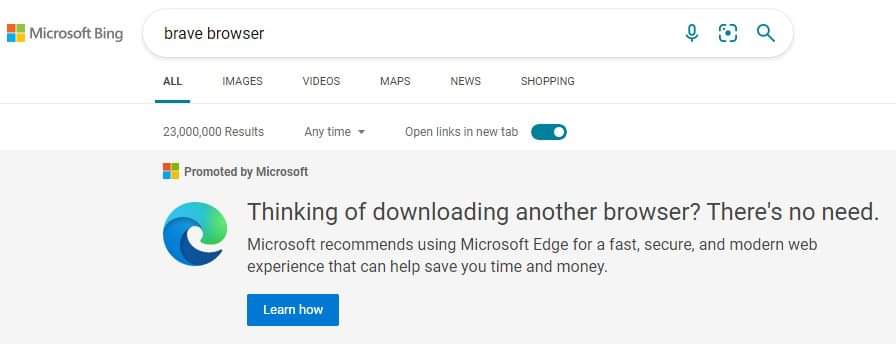This seem completely signifcantly different.Imagine if Microsoft said you had to use their built in image viewing program (which is really rudimentary) or had to use Skype/Teams as your ONLY chat program. Same thing. This should be obvious to someone at Microsoft how stupid it is.
It would be if in Microsoft word you clicked the help or about and it use microsoft built in image viewing program or skype in there I think.
A lot of people use different chat program or image viewing program, very few use edge deflector to intercept OS-level url request.
![[H]ard|Forum](/styles/hardforum/xenforo/logo_dark.png)

